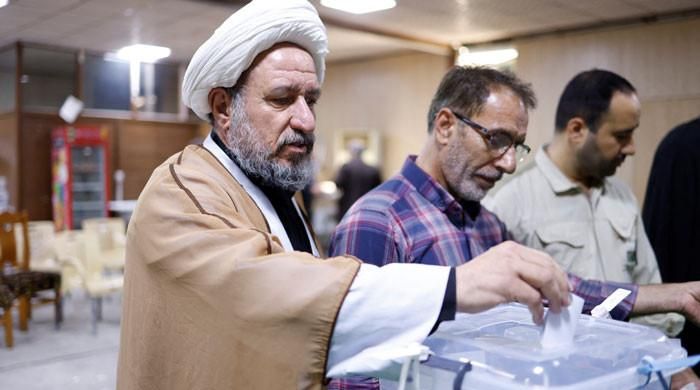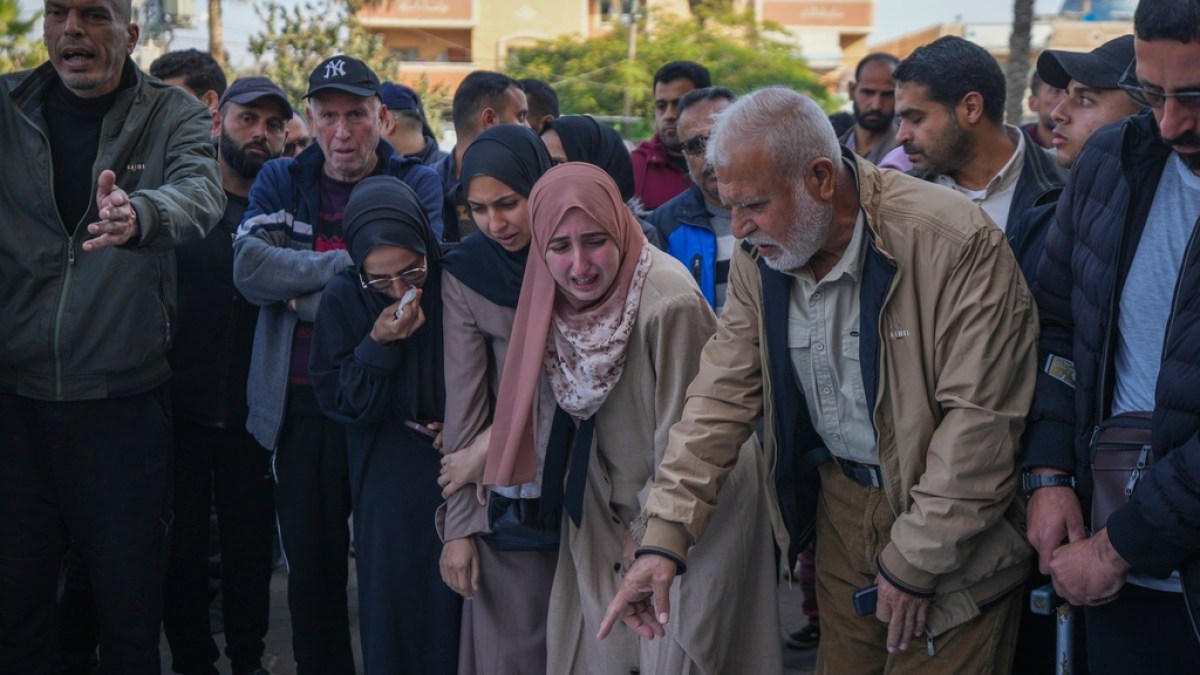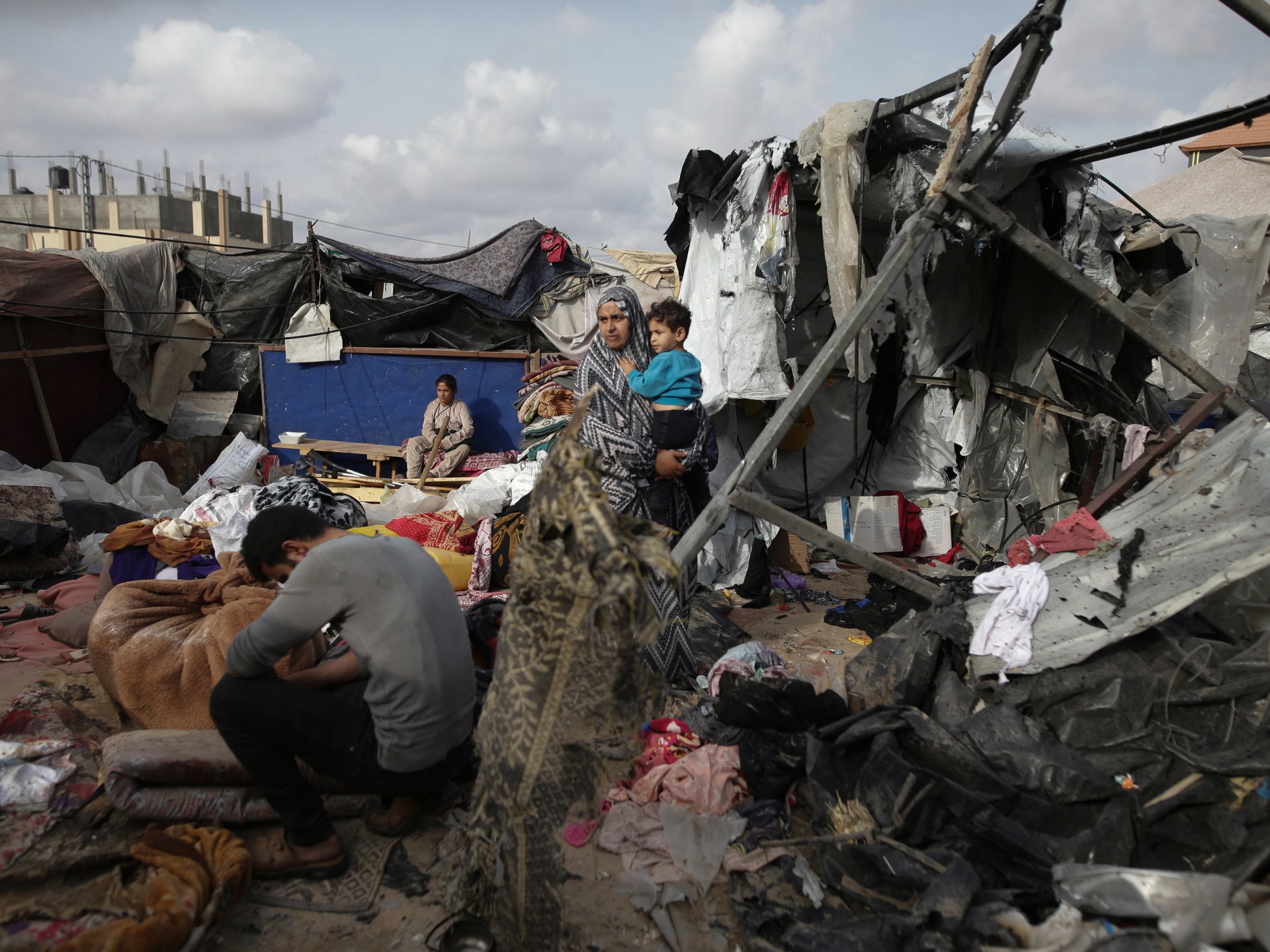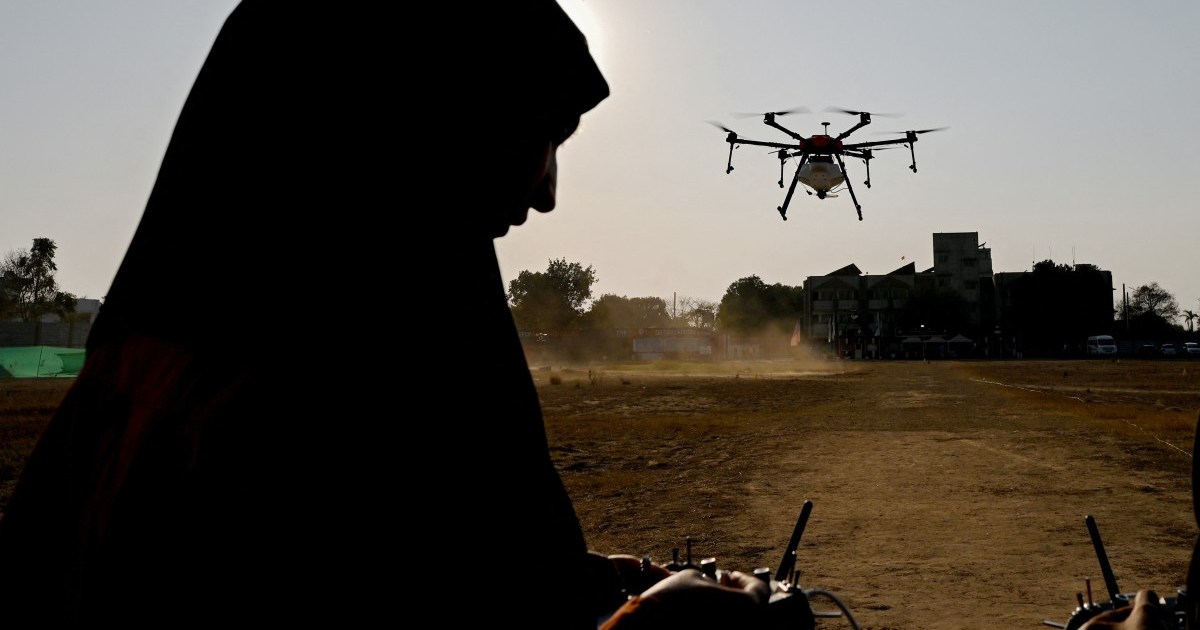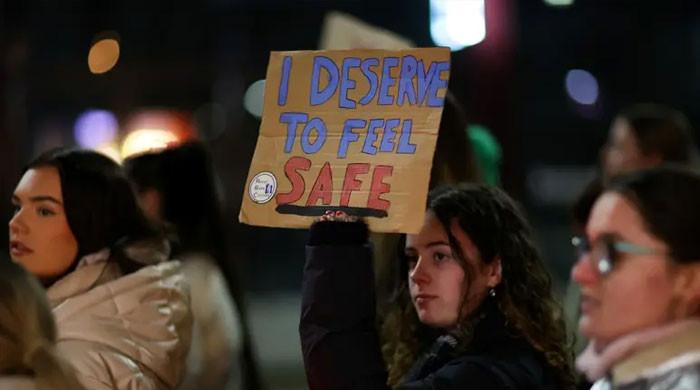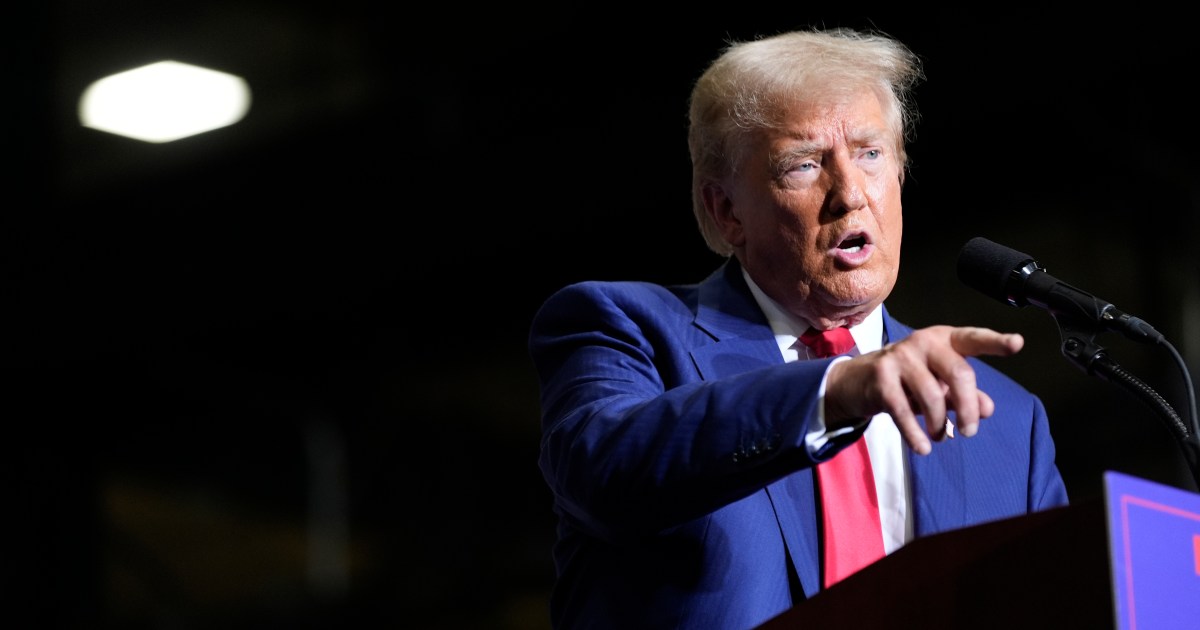- Iranians vote to elect Ebrahim Raisi's successor.
- The elections could determine the succession of Ayatollah Ali Khamenei.
- Voter turnout has plummeted over the past four years, critics say.
Iran's second round of presidential elections began Friday to test the popularity of clerical rulers against voter apathy and ongoing regional tensions, including a standoff with the West over Tehran's nuclear program.
Polling stations opened at 8 a.m. local time and will close at 6 p.m., but could be extended until midnight. Reuters reported citing Iranian television.
Final results will be announced on Saturday, but preliminary figures could be published earlier.
The run-off comes after a record low turnout on June 28, when more than 60% of Iranian voters abstained from participating in the early election to choose the successor to Ebrahim Raisi, after his death in a helicopter crash.
The low turnout is seen by critics as a vote of no confidence in the administration.
The vote is a tight race between low-profile lawmaker Masoud Pezeshkian, the only moderate in the original field of four candidates, and hardline former nuclear negotiator Saeed Jalili.
While the election will have little impact on Iran's politics, the president will be closely involved in selecting a successor to Ayatollah Ali Khamenei, Iran's 85-year-old supreme leader who makes all decisions on major state affairs.
“I heard that people's enthusiasm and interest are higher than in the first round. May God make it so, because it will be gratifying news,” Khamenei told Iranian media after casting his vote.
Khamenei acknowledged Wednesday that “turnout was lower than expected” in the previous vote, but said that “it is wrong to assume that those who abstained in the first round are opposed to the Islamic regime.”
Voter turnout has plummeted over the past four years, which critics say shows support for the system has eroded amid growing public discontent over economic hardship and restrictions on political and social freedoms.
Only 48% of voters participated in the 2021 elections that brought Raisi to power, compared with 41% in parliamentary elections in March.
The election comes amid rising regional tensions over the war between Israel and its Iranian allies Hamas in Gaza and Hezbollah in Lebanon, as well as increased Western pressure on Iran over its rapidly advancing nuclear programme.
“Voting gives power… even if there is criticism, people should vote because every vote is like launching a missile (against enemies),” Iranian Revolutionary Guards aerospace commander Amirali Hajizadeh told Iranian media.
The next president is not expected to make any major changes in policy on Iran's nuclear program or support for militant groups across the Middle East, but he runs the government day to day and can influence the tone of Iran's foreign and domestic policy.

